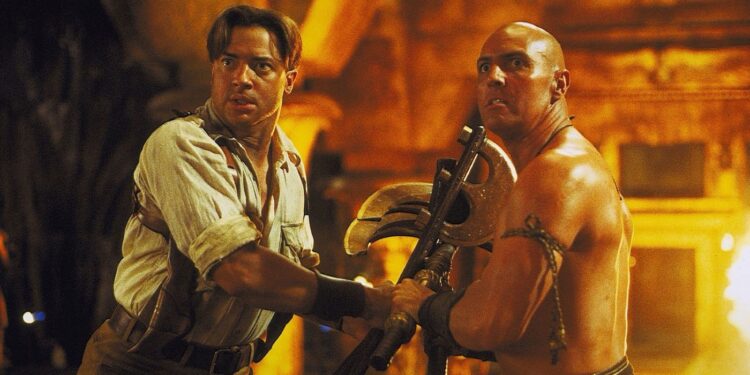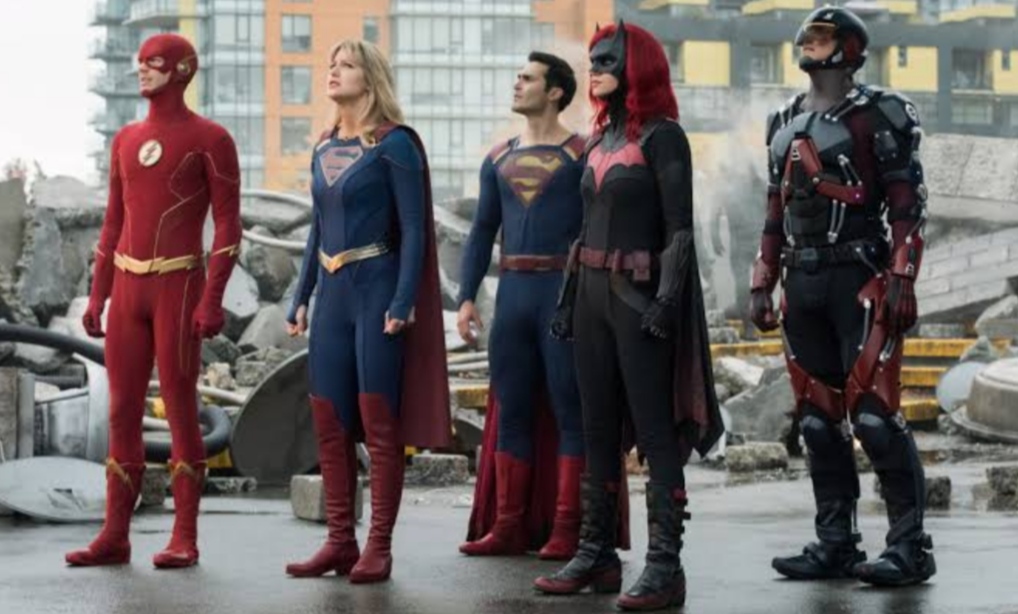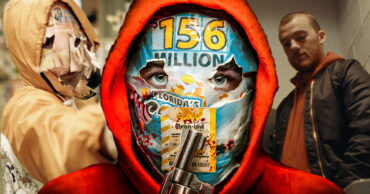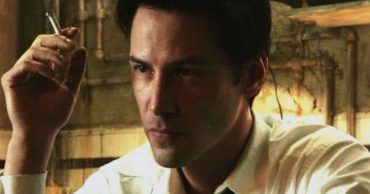Quentin Tarantino has never been shy to speak what’s on his mind. The Oscar winner has slammed blockbuster franchises in the past. He feels that studios are at war with auteur directors. So it’s no surprise that Tarantino feels that the current age of filmmaking is one of the worst: “Even though the ’80s was the time that I probably saw more movies in my life than ever – at least as far as going out to the movies was concerned – I do feel that ’80s cinema is, along with the ’50s, the worst era in Hollywood history,” he said on The Video Archives Podcast with Quentin Tarantino and Roger Avary . “Matched only by now, matched only by the current era.”
Tarantino isn’t likely the only filmmaker to think this. Big names like Martin Scorsese have criticized the current generation of films. However, Tarantino is the first to call this the worst era for films. Could he be right? Of course, this is very subjective, and neither side is wrong. But exploring the notion that this is the worst film era is fascinating.
It’s An Era Defined By Sequels, Remakes, And Spin-offs

The biggest issue people like Tarantino and Scorsese have with modern filmmaking is the abundance of blockbuster films. They are a dime a dozen and come out each and every year. Remakes and Spin-offs are nothing new. Scarface has two films – 1932 and 1983. There are 14 different versions of The Mummy! Four of those films are a Scorpion King spin-off. This trend of remakes and spin-offs exists for executives to get a quick buck.
Hollywood is a business first and foremost, and sadly, that can come to the detriment of filmmakers who want to do nothing but make original content. However, this generation certainly has abused its power of banking on well-known Intellectual Property. It’s a huge detriment to the business because how can it grow if there’s nothing but constant sequels, remakes, and spin-offs?
But this isn’t Hollywood’s fault because studios simply go off the demand of what audiences are watching. Disney would stop with their live-action films if they barely generated any revenue. The same goes for Transformers, Jurassic World, or any popular franchise on the market. This culture will only change if audiences stopped paying attention to every sequel, remake, or spin-off. Unfortunately, that won’t be the case anytime soon, though films like Transformers, The Little Mermaid, or Indiana Jones and The Dial Destiny aren’t exactly pulling in blockbuster numbers.
Let’s Not Forget Superheroes

The biggest contrast between this and many generations is how comic book films have dominated media. It isn’t just movies anymore, but TV, books, and video games. They’ve completely saturated the market. It’s a smart business decision because over 10 superhero movies have made a billion at the box office. However, it’s now become the standard for what films could be released in theaters.
Studios now aim for blockbusters in the modern age. Each generation has a certain genre take over for a select period. German Expressionism, Film Noir, Pre-Code Hollywood, Westerns, The Silent Era There’s always one defining genre that pushes the boundaries of filmmaking and dominates the entire industry for a good period of time.
Will the era of superheroes last forever? No, but it’ll never disappear, either still, since studios are so focused on big blockbusters with familiar IPs. It gives them less incentive to take a risk on completely original material. Rarely do we see small films in the mainstream anymore. Independents still exist, and original features like Everything Everywhere All At Once creep through. However, it’s simply not much of the case because they’re barely being greenlit.
Is It Really The Worst Era For Films

Yes. This has nothing to do with the quality of Marvel, DC, or many blockbuster films. The true reason it’s the worst era of filmmaking is the lack of diversity in films in general. Now filmmaking expands beyond North America, and it isn’t hard to truly find an original and great film if you go beyond what the mainstream is.
However, the mainstream stuff has a wash, rinse, repeat formula that barely allows for new content to shine through. Even then, some great and original films fall through the cracks and get theatrical releases. Unfortunately, more often than not, they tend to flop at the box office, furthering the studio notion that allows wanting familiar material. The era isn’t as bad as Tarantino makes it out to be, but until fresh and original films can share the space with superheroes, remakes, sequels, or spin-offs regularly, then it’ll always pale in comparison to other eras that took bold risks in filmmaking.
 Follow Us
Follow Us





